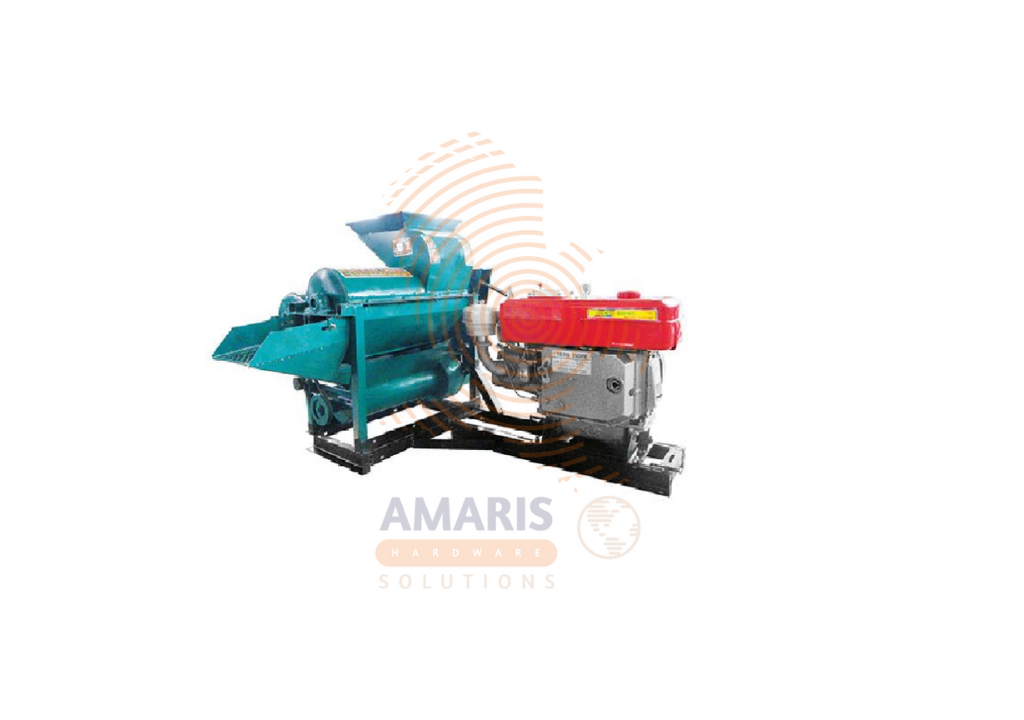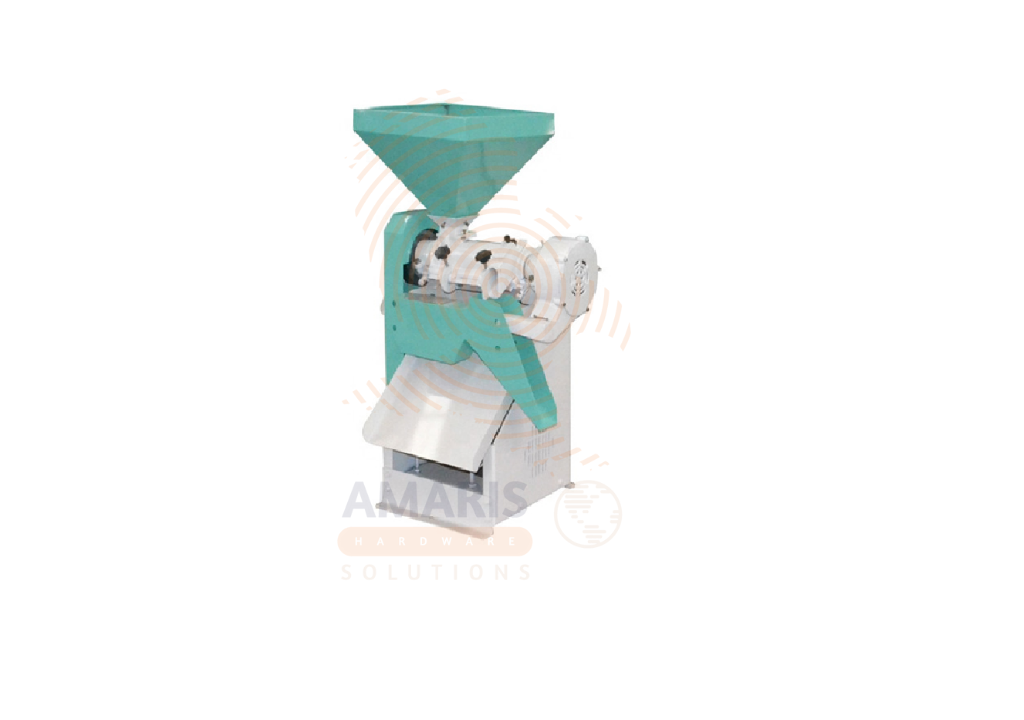“Pressing Ahead: The Power and Potential of an Oil Expeller” 🌾🥥
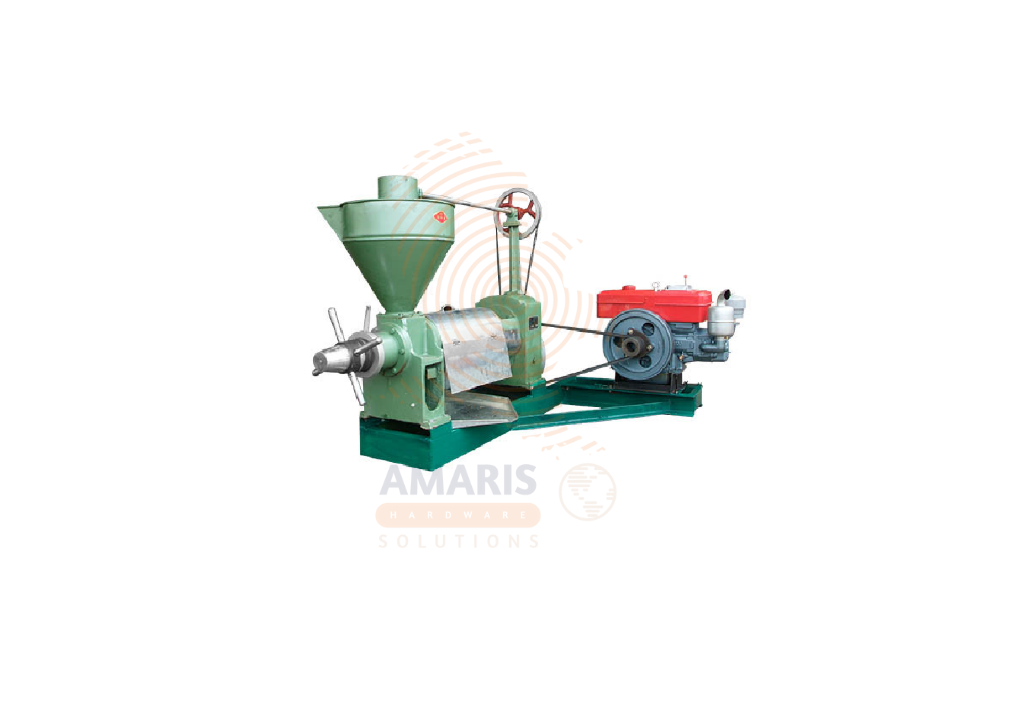
In an age where so much of our food is mass-produced, it’s easy to forget that some of the healthiest, freshest products can be made right at home or on-site. Cooking oil is a perfect example. Instead of relying on heavily processed supermarket options, you can create pure, fresh, and nutrient-rich oil with a simple yet powerful tool—the oil expeller.
Whether you’re a small-scale farmer, a health-conscious home cook, or a business owner, an oil expeller offers a level of quality control and versatility that’s hard to beat. It’s not just a machine—it’s a gateway to fresher flavors, better nutrition, and more value from every harvest. 🌻
What is an Oil Expeller? 🛠️
An oil expeller—also called an oil press—is a mechanical device used to extract oil from seeds, nuts, and other oil-rich crops. Instead of using harmful chemicals or extreme heat, the expeller uses mechanical pressure to squeeze oil from the raw materials. This process helps retain the natural aroma, flavor, and nutritional content of the oil.
Common raw materials for oil pressing include:
- 🌻 Sunflower seeds
- 🥜 Groundnuts (peanuts)
- 🌴 Palm kernels
- 🥥 Coconuts
- 🌾 Sesame seeds
- 🌱 Soybeans
The end result is oil that’s fresh, flavorful, and free from unnecessary additives.
Why Use an Oil Expeller?
There are several reasons why an oil expeller is such a valuable investment:
- Freshness and Taste – Fresh-pressed oils have a richer, more natural flavor.
- Nutrient Retention – The cold-press method preserves essential vitamins and antioxidants.
- Cost Savings – Producing your own oil can be more economical over time.
- Chemical-Free Production – You know exactly what’s in your oil—no preservatives or artificial agents.
- Multi-Seed Capability – Many models can process different seeds and nuts with ease.
How an Oil Expeller Works ⚙️
The process may sound technical, but it’s surprisingly straightforward:
- Feeding – The seeds are loaded into a hopper.
- Pressing – A rotating screw compresses and crushes them.
- Oil Separation – The oil seeps out through small gaps while the solid residue (known as oil cake) is pushed aside.
- Filtration – If desired, the oil can be filtered to achieve a clearer, more refined finish.
This combination of mechanical force and precision engineering is what makes an oil expeller both efficient and reliable.
Where Can an Oil Expeller Be Used?
- Home Kitchens – Produce small quantities of fresh oil for cooking.
- Commercial Food Businesses – Supply restaurants, markets, or retail shops.
- Cosmetic & Soap Production – Use natural oils for handmade beauty products.
- Animal Feed Production – Turn leftover oil cake into nutrient-rich livestock feed.
- Agricultural Processing – Add value to crops before selling them.
Tips for Getting the Best Results 🌟
- Use Clean, Dry Seeds – Dirt or moisture can reduce efficiency and oil quality.
- Preheat Certain Seeds – Some materials yield more oil when slightly warmed.
- Double Press for Higher Yield – A second pressing can extract additional oil.
- Maintain the Machine Regularly – Lubrication and cleaning extend its lifespan.
- Store Oil Properly – Keep in a cool, dark place to preserve freshness.
Choosing the Right Oil Expeller 🏬
When selecting an oil expeller, look for durability, capacity, and ease of maintenance. At Amaris Hardware Solutions, we provide models designed for both small-scale and industrial oil pressing. Our range includes machines built from robust materials, capable of handling different seeds, and easy to clean and service.
We also ensure our customers have access to spare parts, user guidance, and after-sales support—because the right machine is only as good as the service behind it.
Conclusion 🌱
An oil expeller is more than just a piece of equipment—it’s an investment in healthier living, fresher flavors, and sustainable production. Whether you’re producing sunflower oil for your family or coconut oil for your business, having control over the process means you get a better product every time.
By pressing your own oils, you’re not just making food—you’re making it better.


 Acrylic Sealants
Acrylic Sealants Construction Adhesives
Construction Adhesives Double-Sided Tape
Double-Sided Tape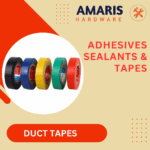 Duct Tape
Duct Tape Electrical Tape
Electrical Tape Epoxy & Resins
Epoxy & Resins Masking Tape
Masking Tape
 Automotive Wrenches & Socket Sets
Automotive Wrenches & Socket Sets Battery Chargers & Jump Starters
Battery Chargers & Jump Starters Car Jacks & Stands
Car Jacks & Stands Car Wash & Detailing Products
Car Wash & Detailing Products Diagnostic Tools
Diagnostic Tools Tire Inflators
Tire Inflators Vehicle Lighting
Vehicle Lighting Oil & Lubricants
Oil & Lubricants
 Adhesives & Sealants
Adhesives & Sealants Bricks & Blocks
Bricks & Blocks Cement & Concrete
Cement & Concrete Drywall & Plaster
Drywall & Plaster Flooring (Tiles, Wood, Laminate)
Flooring (Tiles, Wood, Laminate) Lumber & Plywood
Lumber & Plywood Paints, Primers & Coatings
Paints, Primers & Coatings Insulation Materials
Insulation Materials Roofing Materials
Roofing Materials
 Circuit Breakers
Circuit Breakers Electrical Cables & Wires
Electrical Cables & Wires Switches & Sockets
Switches & Sockets Fuses & Relays
Fuses & Relays Connectors & Terminals
Connectors & Terminals Electrical Boxes & Panels
Electrical Boxes & Panels Conduit & Fittings
Conduit & Fittings Lighting Fixtures & Bulbs
Lighting Fixtures & Bulbs Extension Cords & Power Strips
Extension Cords & Power Strips
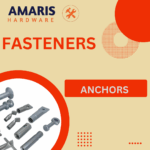 Anchors
Anchors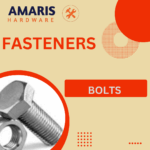 Bolts
Bolts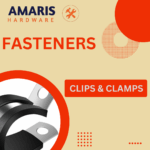 Clips & Clamps
Clips & Clamps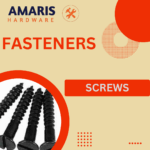 Screws
Screws Nuts
Nuts Washers
Washers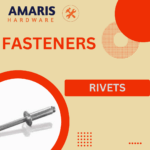 Rivets
Rivets Nails
Nails Threaded Rods
Threaded Rods
 Hammers
Hammers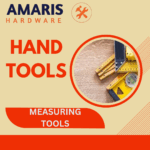 Measuring Tools (Tapes, Levels, Calipers)
Measuring Tools (Tapes, Levels, Calipers)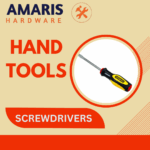 Screwdrivers
Screwdrivers Pliers & Cutters
Pliers & Cutters Saws & Blades
Saws & Blades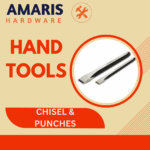 Chisels & Punches
Chisels & Punches Allen Keys & Hex Keys
Allen Keys & Hex Keys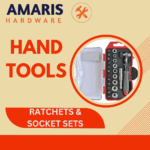 Ratchets & Socket Sets
Ratchets & Socket Sets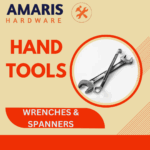 Wrenches & Spanners
Wrenches & Spanners
 Power Tool Accessories (Blades, Bits, Discs)
Power Tool Accessories (Blades, Bits, Discs) Rotary Tools
Rotary Tools Saws (Circular, Jigsaw, Reciprocating)
Saws (Circular, Jigsaw, Reciprocating) Drills & Drivers
Drills & Drivers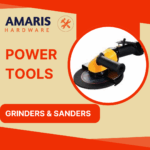 Grinders & Sanders
Grinders & Sanders Heat Guns
Heat Guns Nail Guns
Nail Guns Impact Wrenches
Impact Wrenches Batteries & Chargers
Batteries & Chargers
 Pipes & Fittings (PVC, Copper, PEX)
Pipes & Fittings (PVC, Copper, PEX) Plumbing Tools
Plumbing Tools Pumps & Motors
Pumps & Motors Sealants & Adhesives for Plumbing
Sealants & Adhesives for Plumbing Valves & Taps
Valves & Taps Water Heaters
Water Heaters Drainage Systems
Drainage Systems Faucets & Fixtures
Faucets & Fixtures Hoses & Tubing
Hoses & Tubing
 Hinges & Latches
Hinges & Latches Hooks & Brackets
Hooks & Brackets Window Hardware
Window Hardware Chains & Cables
Chains & Cables Casters & Wheels
Casters & Wheels Shelving & Storage Systems
Shelving & Storage Systems Door Handles & Locks
Door Handles & Locks Drawer Slides & Cabinet Hardware
Drawer Slides & Cabinet Hardware
 Personal Protective Equipment (PPE)
Personal Protective Equipment (PPE) Respirators & Masks
Respirators & Masks Safety Glasses
Safety Glasses Safes
Safes Security Cameras
Security Cameras Gloves
Gloves Helmets
Helmets Ear Protection
Ear Protection Fire Safety Equipment
Fire Safety Equipment Locks & Padlocks
Locks & Padlocks Motion Sensors & Alarms
Motion Sensors & Alarms
 Garden Fencing
Garden Fencing Garden Furniture Hardware
Garden Furniture Hardware Lawn Mowers
Lawn Mowers Trimmers & Edgers
Trimmers & Edgers Shovels & Spades
Shovels & Spades Rakes & Hoes
Rakes & Hoes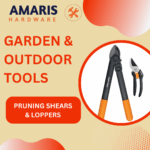 Pruning Shears & Loppers
Pruning Shears & Loppers Watering Systems (Hoses, Sprinklers, Nozzles)
Watering Systems (Hoses, Sprinklers, Nozzles)
 Interior Paints
Interior Paints Paint Brushes & Rollers
Paint Brushes & Rollers Paint Strippers & Thinners
Paint Strippers & Thinners Paint Trays & Accessories
Paint Trays & Accessories Exterior Paints
Exterior Paints Spray Paints
Spray Paints Primers & Undercoats
Primers & Undercoats Varnishes & Stains
Varnishes & Stains
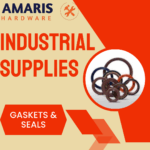 Gaskets & Seals
Gaskets & Seals Hydraulic Fittings
Hydraulic Fittings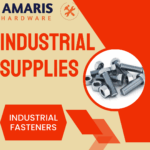 Industrial Fasteners
Industrial Fasteners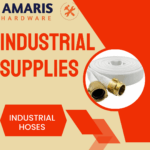 Industrial Hoses
Industrial Hoses Lubricants & Greases
Lubricants & Greases Metal Sheets & Bars
Metal Sheets & Bars Bearings & Bushings
Bearings & Bushings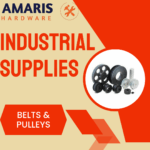 Belts & Pulleys
Belts & Pulleys
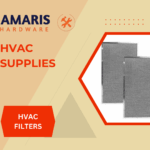 HVAC Filters
HVAC Filters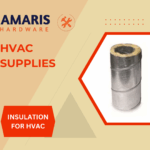 Insulation for HVAC
Insulation for HVAC Air Conditioners
Air Conditioners Refrigerants
Refrigerants Ventilation Ducts & Fittings
Ventilation Ducts & Fittings Thermostats & Controllers
Thermostats & Controllers Fans & Blowers
Fans & Blowers
 Pegboards & Hooks
Pegboards & Hooks Shelving Units
Shelving Units Storage Bins & Containers
Storage Bins & Containers Toolboxes & Tool Chests
Toolboxes & Tool Chests Workbenches
Workbenches Drawer Organizers
Drawer Organizers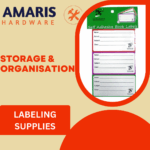 Labeling Supplies
Labeling Supplies
 Welding Accessories (Clamps, Brushes)
Welding Accessories (Clamps, Brushes) Welding Electrodes & Rods
Welding Electrodes & Rods Welding Helmets & Gloves
Welding Helmets & Gloves Welding Machines
Welding Machines Soldering Irons & Stations
Soldering Irons & Stations Flux & Solder Wire
Flux & Solder Wire
 Generator Accessories
Generator Accessories Inverters
Inverters Portable Generators
Portable Generators Power Inverters
Power Inverters Transfer Switches
Transfer Switches Diesel & Gasoline Generators
Diesel & Gasoline Generators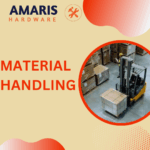
 Transport Equipment: Carts, Dollies, and Hand Trucks
Transport Equipment: Carts, Dollies, and Hand Trucks Storage Solutions: Pallets, Racks, and Containers
Storage Solutions: Pallets, Racks, and Containers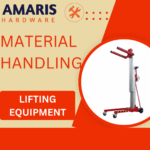 Lifting Equipment: Hoists, Cranes, and Jacks
Lifting Equipment: Hoists, Cranes, and Jacks Conveyors & Accessories: Belts & Rollers
Conveyors & Accessories: Belts & Rollers
 Office Chairs
Office Chairs
